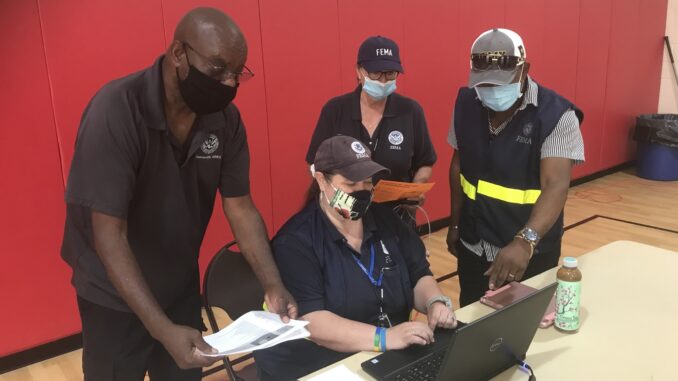
WESTWOOD—The Borough Council adopted an ordinance on Dec. 5 to appropriate $200,000 from a state grant to fund a study of reservoir operations and rainfall to help conserve water resources while mitigating downstream flooding from reservoirs during severe rain events.
The ordinance sets in place a funding mechanism for the study announced this August by Republican State Sen. Holly Schepisi, Mayor Ray Arroyo, and Stevens Institute of Technology associate professor Marouane Temimi, department of civil, environmental, and ocean engineering.
The funds will be used to help gather and analyze data that will be used to build a Forecast-Informed Reservoir Operations computer model for optimizing reservoir capacity while mitigating flooding during weather events.
“After reviewing the comprehensive scope of work, Stevens (Institute) estimates a 24-month duration, start-to-finish and publishing of a final report,” Arroyo told us recently. “We will be updating on the progress and milestones as the study proceeds,” he told Pascack Press.
Earlier, officials were estimating a 12-month timeline for the study, but recently changed it to a 24-month timeline.
Arroyo told us that Westwood was awaiting a go-ahead from the state Department of Community Affairs to begin to draw down on funds in the state grant.
The computer model, Forecast-Informed Reservoir Operations or FIRO, could be used to demonstrate how water levels in Woodcliff Lake Reservoir could be optimized and also water released to minimize downstream flooding during severe and intense storms, officials said at the August meeting.
Previously, Arroyo told Pascack Press that Stevens personnel, led by Temimi, will gather data, analyze it, produce a draft document that will be further reviewed, and ultimately produce a final document to be shared.
At the August grant announcement, Schepisi said the FIRO study should provide the tool for reservoir operators to raise and lower water reservoir levels “proactively” before a storm hits to help mitigate downstream flooding while maintaining optimum reservoir levels for water supply purposes.
Arroyo said once the study is completed, “This will provide the science to show that you’re not losing the asset (the water supply) and at the same time we’re not going to get flooded.”
Arroyo said the planned study should provide the scientific support to move state legislation such as S-790/A-4200, and show that reservoir owners/operators can maintain maximum water supplies while also mitigating downstream flooding by using a computer model with highly sophisticated weather modeling and prediction capabilities.
The state legislation required DEP and owners of certain reservoirs to implement certain flood control measures and authorized Office of Emergency Management to order lowering of reservoir levels in response to severe weather.
Pascack Valley mayors have lobbied legislators to approve the legislation, which has been stalled in both legislative chambers.
